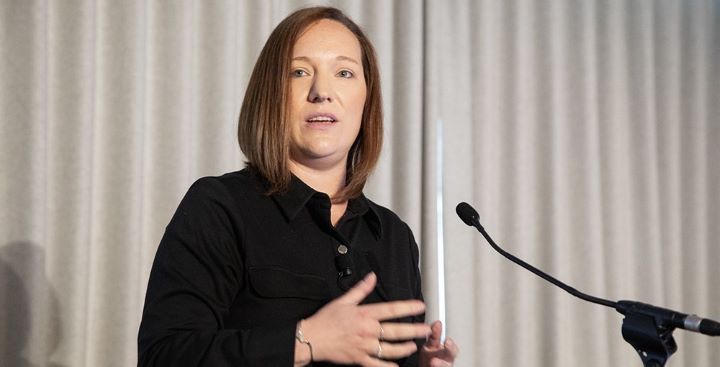More than 75% of councils participating in Room151’s annual treasury and finance survey indicated that “reputational risks” have influenced their lending to local authorities facing financial difficulties.

The survey of over 150 section 151 officers, treasury managers, finance directors and other senior finance professionals across Great Britain showed that 25.7% of respondents stated that “reputational risks” had a “fair impact” on their lending to councils in trouble, while 42.8% reported a “slight impact” and 8.6% cited a “huge impact”.
Only 18.4% of local authorities indicated that reputational risks had “no impact” on their lending to financially challenged councils, while 4.6% of councils stated that they did not lend within the market.
Kelly Watson, head of local government relationships at CCLA Investment Management, announced the results at Room151’s Local Authority Treasurers’ Investment Forum and FDs’ Summit today (19 September) and noted that this question was an “interesting” part of the survey.
“Respondents stated that, yes, there was some reputational impact that needed to be considered but actually local to local lending is something that overall, most people would continue to do but there is a small amount of reputational risk,” Watson said.
This comes as the inter-authority lending market has experienced a lack of liquidity over the past year, in part caused by a “reticence” among councils to lend to authorities that are in slight financial difficulty or to completely withdraw from the market altogether.
Since 2018, eight councils have issued section 114 notices. One of these is Thurrock, which borrowed £687.5m from counterparties in the inter-authority market before declaring that it could not balance its budget.
Overall, the hesitancy from local authorities to lend in the market driven up interest on the borrowing from the market over the past year, with highs of 7%.
Responses to the survey were received by 152 local authorities, which included a mix of district (28.9%), county (10.5%), city (3.9%), unitary (17.8%), London borough (16.5%), other borough (8.5%), metropolitan borough (7.9%), combined authority (0.7%) and police/fire/transport/other (5.3%).
Debt crisis?
Over the past year, local authorities have faced increased government scrutiny for their level of debt, following high-profile cases such as Thurrock and Woking.
However, in the survey 57% of councils stated that there is a debt crisis but only at “some councils but not others, so it depends”, while 23% suggested that there is “no crisis apart from some isolated incidents”.
Only 19.7% of councils stated that the “debt crisis” is “definitely a widescale problem” in local government and must be addressed, in the survey.
“Overall, the perspective from the survey was, no, we [local government] don’t think there is a debt crisis. The overwhelming view from the sector was that we can manage the borrowing requirement and debt level,” Watson told delegates.
Alongside this, when asked on a scale of 1 to 5 how likely it is that a section 151 officer will be forced to issue a section 114 notice, the majority of councils (52.6%) answered 1, indicating “not likely at all”, with only 2% suggested that it is “most likely”.
“Overall, from the survey, the view from the sector was that, yes, we are in difficult financial situation, but we will be able to manage,” Watson added.
—————
FREE bi-weekly newsletters
Subscribe to Room151 Newsletters
Follow us on LinkedIn
Follow us here
Monthly Online Treasury Briefing
Sign up here with a .gov.uk email address
Room151 Webinars
Visit the Room151 channel














